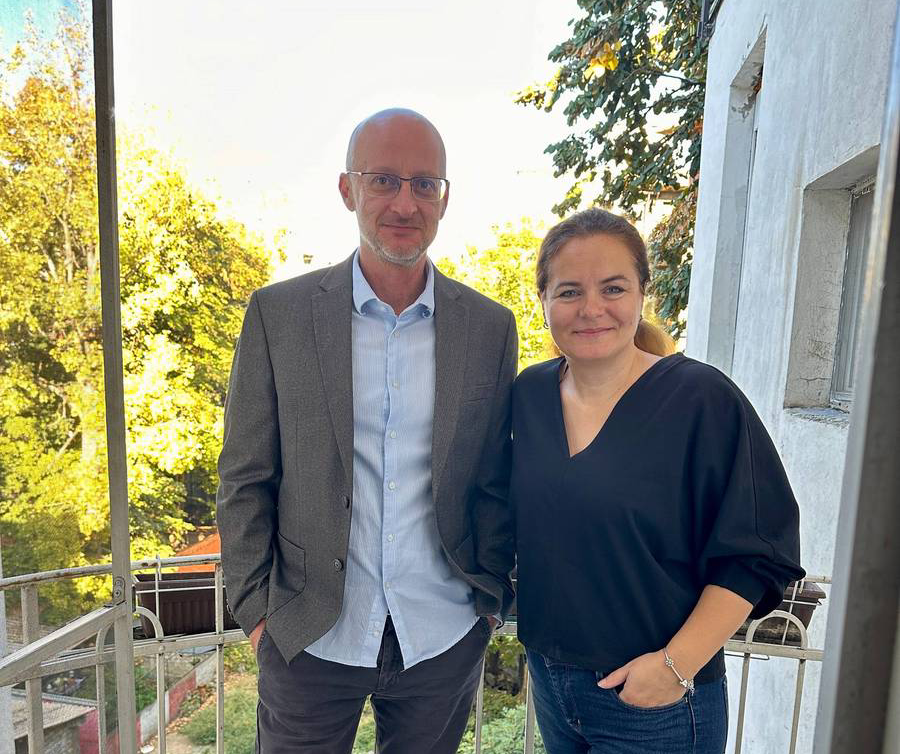Transparency Serbia in IBP's bulletin: leading voice in the Western Balkans
 International Budget Partnership presented, in its bulletin, TI Serbia's efforts for deeper transparency and stronger oversight of public resources:
International Budget Partnership presented, in its bulletin, TI Serbia's efforts for deeper transparency and stronger oversight of public resources:
Our long-time partner Transparency Serbia shows how sustained advocacy and credible data can strengthen accountability in public procurement. Since 2006, they have worked with us through the Open Budget Survey, using its findings to push for deeper transparency and stronger oversight of public resources. They are a leading voice in the Western Balkans for open budgets, bridging technical analysis with civic engagement in an increasingly complex political environment.
Through our EU-supported initiative, Transparency Serbia and another partner, the National Convention on the European Union, is mobilizing civil society organizations advocating for greater accountability in public finances - with a key focus on procurement. By linking Open Budget Survey evidence with regional learning and budget literacy efforts, they are helping others strengthen their capacity to track spending, engage with the executive and oversight institutions, and influence social development policy and reform agendas.
They have also been closely monitoring the massive public spending underway on Belgrade’s EXPO 2027, where much of the spending lies outside the standard public procurement rules. In response, the group submitted an initiative to the Constitutional Court, arguing that exempting EXPO contracts from the Public Procurement Law violates constitutional principles and opens the door to unchecked misuse of public funds. Transparency Serbia’s monitoring shows that more than €330 million in contracts have already been awarded, most with only a single bidder — a clear red flag for limited competition and heightened corruption risks.
Transparency Serbia has also aided procurement transparency by publishing Wasting of Public Resources Through Public Procurement, showing how loopholes, manipulated contract estimates and weak enforcement enable billions of dinars to escape proper oversight. Drawing on detailed data, the report maps out the key risks: limited competition, contracts consistently set just below legal thresholds, and systemic lack of control. It concludes with concrete recommendations to tighten transparency, ensure fair bidding, and strengthen institutional capacity to prevent corruption and waste of public money.
